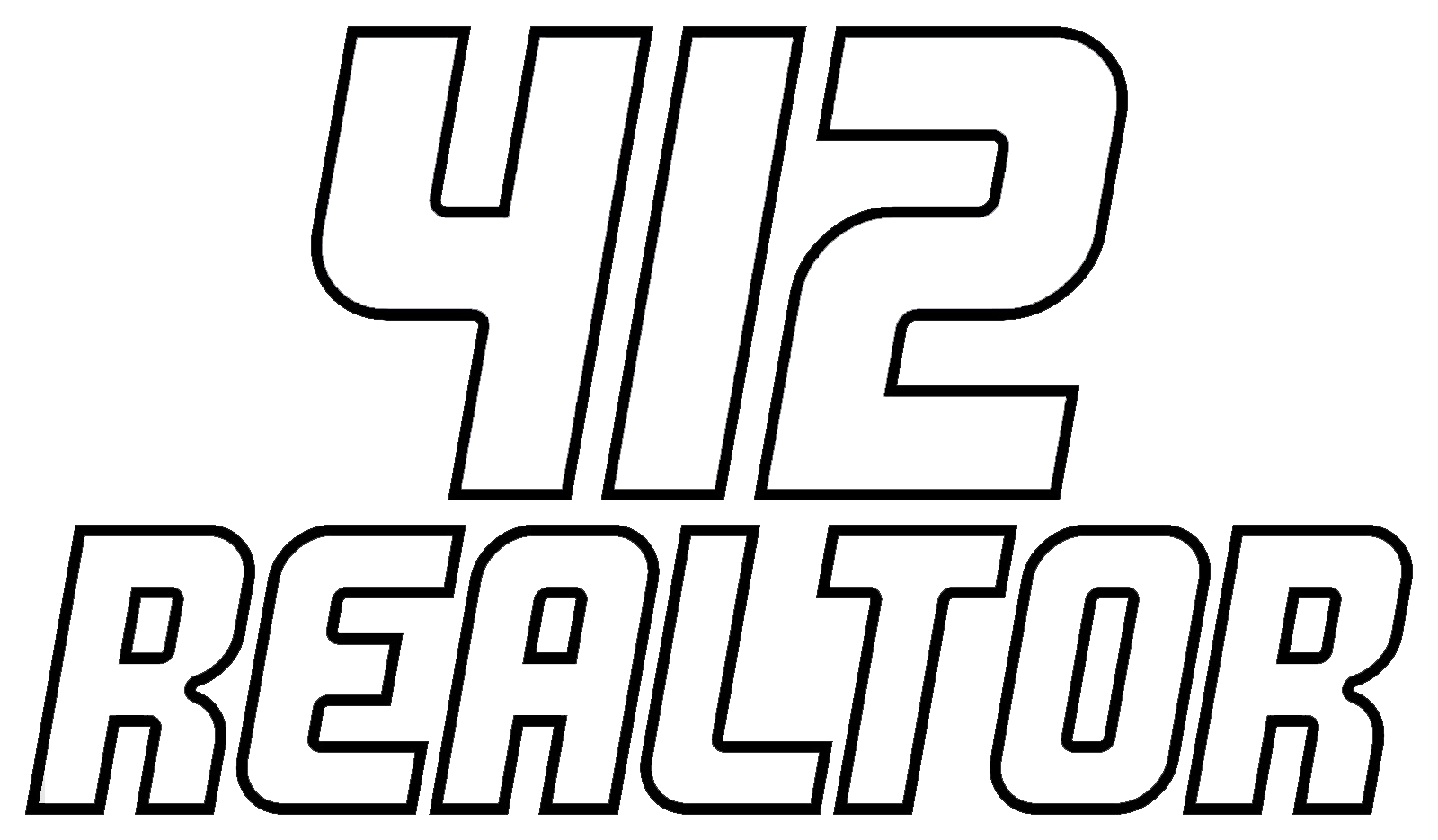As you approach retirement, your housing needs and lifestyle priorities shift. Whether you’re an empty nester or simply looking to simplify, buying your retirement home is a major decision—and downsizing wisely is key to making the most of this exciting new chapter.
Let’s walk through everything you need to know to downsize with confidence and find a home that fits your lifestyle, budget, and long-term needs.
Why More Retirees Are Downsizing Today
From financial savings to reduced upkeep, downsizing offers several advantages:
Lower monthly expenses: Reduced utility bills, property taxes, and maintenance costs.
More manageable living space: Easier to clean, furnish, and maintain.
Increased equity access: Selling a larger home can free up equity to support your retirement.
A fresh start: Move closer to grandkids, healthcare, or even your dream climate.
According to the National Association of Realtors, over 40% of buyers aged 55+ cite downsizing as their primary motivation when moving.
1. Prioritize Long-Term Comfort and Accessibility
Think beyond square footage. Your retirement home should support your lifestyle now and in the years ahead.
Look for features like:
- Single-level floorplans (no stairs!)
- Wide doorways and hallways
- Step-free entries and walk-in showers
- Easy-to-maintain flooring and landscaping
If you’re buying newly built or renovating, consider aging-in-place design features that allow you to stay in your home comfortably for decades.
2. Know What You Can Afford—and Stick to It
Before you start browsing listings, determine what’s financially realistic. Retirement income often includes a fixed combination of pensions, Social Security, and investments—so your new home should work within that framework.
Factor in:
- Purchase price and down payment
- Ongoing costs like property taxes, HOA fees, and insurance
- Maintenance and repair expectations
- Moving costs and possible renovations
Tip: Work with a financial advisor or lender to explore all options, including reverse mortgages, if you’re 62 or older.
3. Be Strategic About Location
You’re not just buying a home—you’re buying into a community. Here are key location-related questions to ask:
- Do you want to be close to family or friends?
- What kind of climate do you enjoy year-round?
- Is the area walkable or car-dependent?
- Are healthcare services nearby?
- What’s the local real estate market like?
4. Declutter Before You Pack
Downsizing means letting go of things that no longer serve you. Start early and take it room by room.
Tips for simplifying:
- Start small: Begin with closets, then move to furniture and decor.
- Digitize documents and photos to save space.
- Pass heirlooms to family or donate items with sentimental value.
- Hire a senior move manager or professional organizer if the task feels overwhelming.
Remember: the less you bring, the more space and freedom you’ll gain in your new home.
5. Consider Maintenance-Free Living Options
Condos, townhomes, and active adult communities (55+) often provide low-maintenance living with added perks like:
- Lawn care and snow removal
- Community amenities (pools, fitness centers, clubhouses)
- Social activities and events
- Built-in accessibility features
This lifestyle can be perfect if you plan to travel frequently, prefer peace of mind, or want a built-in community during retirement.
6. Work with a Real Estate Agent Who Specializes in Retirement Moves
A seasoned agent who understands downsizing can save you time, money, and stress.
Look for someone who:
- Knows the local 55+ and low-maintenance housing inventory
- Has experience guiding older buyers through financing and inspections
- Offers patience and support for slower decision-making timelines
7. Take Your Time—This Is a Big Decision
Downsizing is about more than just space—it’s about building your future. Don’t rush.
Consider:
- Renting before buying in a new area to test the lifestyle
- Touring several neighborhoods during different seasons
- Making a list of must-haves vs. nice-to-haves
- Visiting open houses with your agent
The right retirement home will feel like a fresh beginning—not a compromise.
Final Thoughts
Make Your Next Move a Smart One
Buying your retirement home is about quality over quantity. With careful planning, the right support, and a clear vision of your future, downsizing can open the door to financial freedom, lower stress, and more time for what truly matters.




